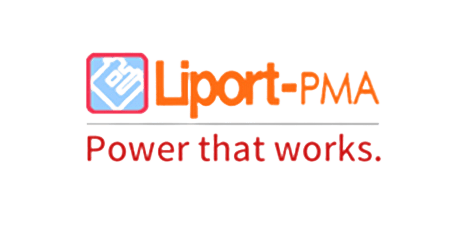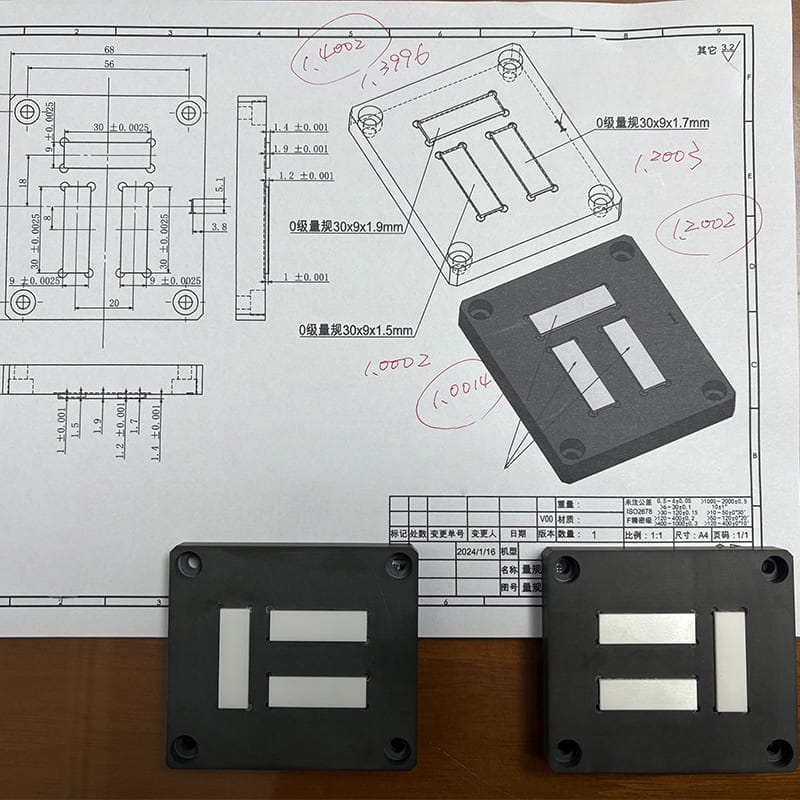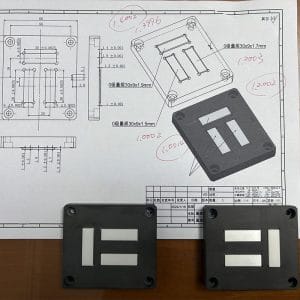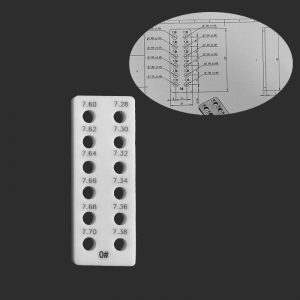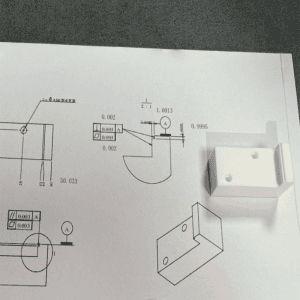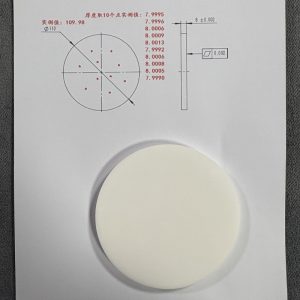In the field of optical measurement, the calibration of equipment accuracy is the core to ensure accurate measurement results. The high-precision ceramic calibration blocks we customized for an optical inspection equipment manufacturer have become the key benchmark for its equipment calibration, helping to enhance the accuracy and stability of optical measurements, covering multiple industries such as electronics, medical, and precision manufacturing.
Customer Requirements and Highlights of the Solution
- Requirements: Calibrate laser scanners and coordinate measuring optical machines to ensure that the measurement error of tiny parts (such as chips and molds) is ≤ ±0.0025mm, and resist environmental (temperature and humidity) interference.
- Material: Zirconia ceramic (high hardness, low expansion, corrosion resistance), with a dimensional stability error of ≤ 0.001mm, suitable for cleanroom environments (20℃ ± 2℃, humidity 40% – 60%).
- Accuracy: The tolerance of dimensions (30×9mm, multiple thicknesses from 1.5 – 1.9mm) is ±0.0025mm, the surface roughness Ra ≤ 0.02μm. It is fully inspected by a Zeiss optical profiler .
- Structure: Precisely assembled with an antistatic base plate, the multi – slot design calibrates the X/Y/Z axes simultaneously, increasing the single – calibration efficiency by 30% and avoiding optical scattering interference.
Application Scenarios and Value
- Optical Equipment Calibration: Verify the linear accuracy of laser scanners (chip pin 0.1mm – level measurement error ≤ ±0.002mm), and calibrate the Z – axis height accuracy of coordinate measuring optical machines (3D morphology detection of tiny parts).
- Industry Adaptation: Electronics and semiconductors (chip inspection), precision molds (cavity calibration), medical equipment (implant measurement), helping equipment pass ISO 10360 – 2 standard certification.
Process and Delivery
- Manufacturing: Five – axis grinding + mirror polishing, with groove width/thickness tolerance of ±0.001mm.
- Cycle: Conventional customization takes 5 – 8 days, and complex designs (irregular reflecting surfaces) extend it by 2 – 3 days, providing lifetime precision maintenance consultation.
